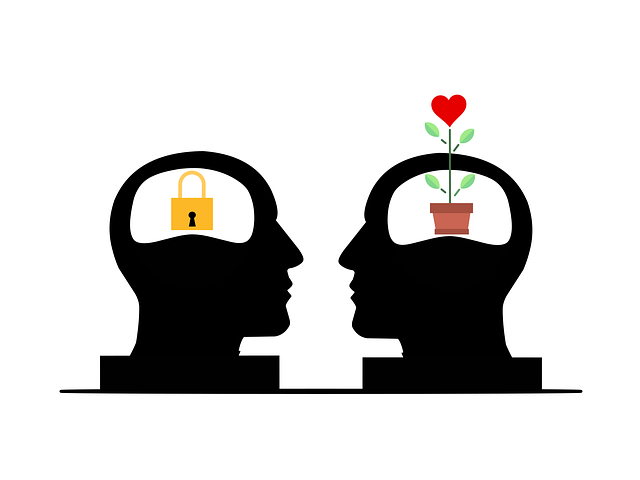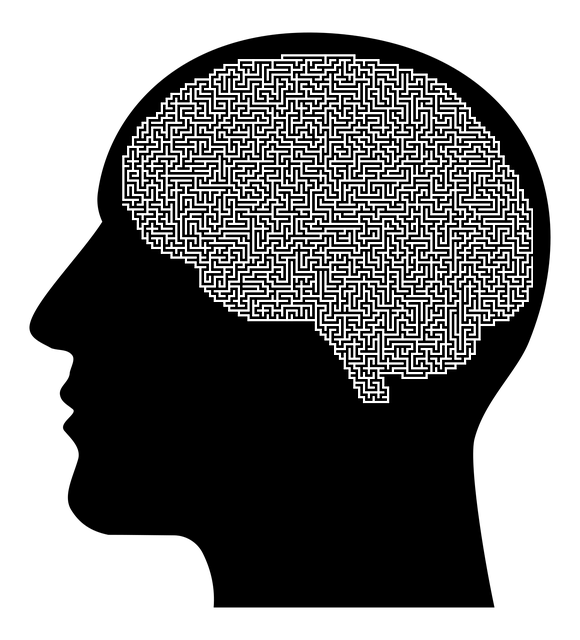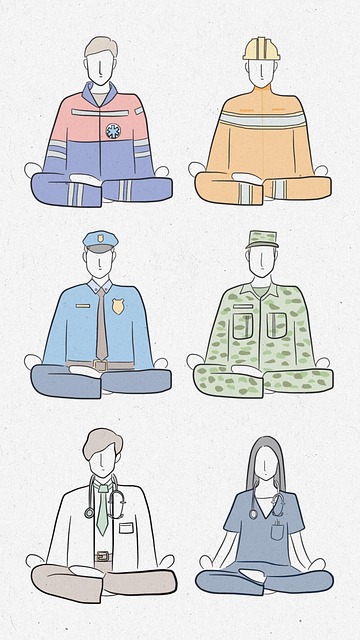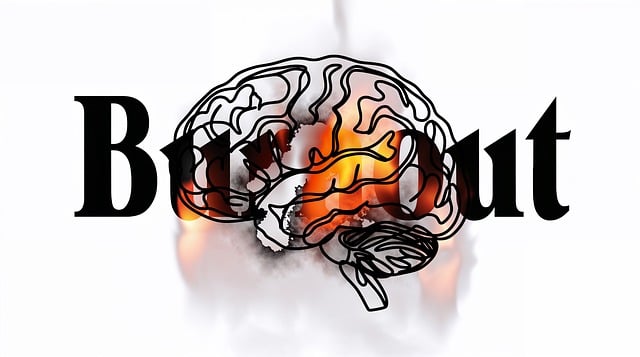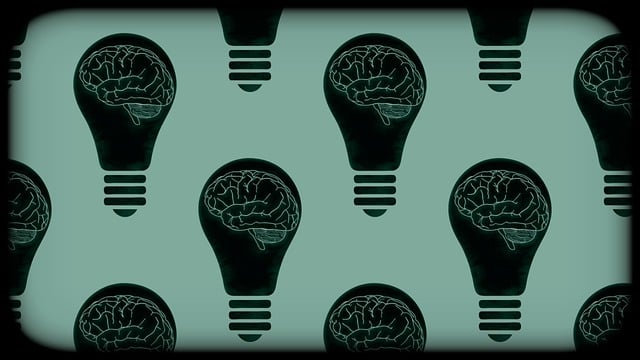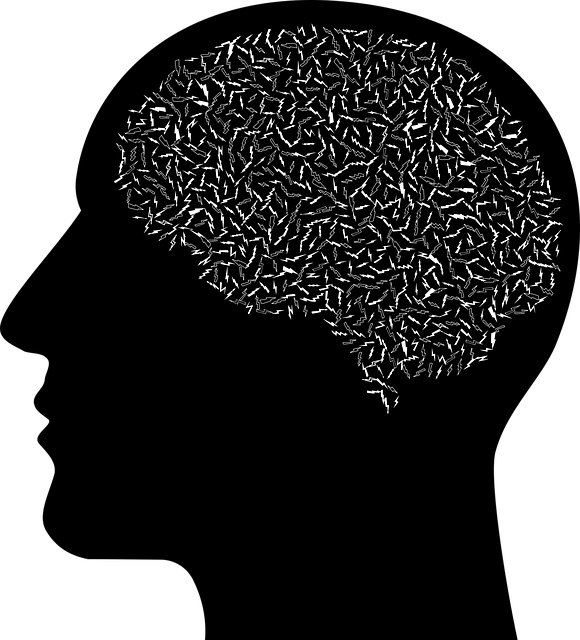Northglenn Sexual Addiction Therapy offers a holistic approach to managing mental health conditions, especially sexual addiction, through various resources like the Mental Wellness Podcast Series and Social Skills Training. This comprehensive program focuses on empowering individuals with social tools, self-care practices, and emotional regulation techniques to break isolation barriers, build healthy relationships, and lead fulfilling lives. Their specialized treatment, combined with cultural competency training, aims to reduce stigma and enhance mental wellness.
Social skills training is a powerful tool in supporting individuals with mental health conditions, particularly those dealing with issues like sexual addiction. This article explores the profound impact of mental health on social interactions and highlights the therapeutic benefits of targeted social skills training. We delve into effective strategies for enhancing these skills and present Northglenn Sexual Addiction Therapy as a comprehensive model, offering a unique approach to social rehabilitation. By understanding these aspects, we can better navigate the path to improved social functioning.
- Understanding the Impact of Mental Health Conditions on Social Interactions
- The Importance of Social Skills Training in Therapy
- Effective Strategies for Developing and Enhancing Social Skills
- Northglenn Sexual Addiction Therapy: A Comprehensive Approach to Social Skills Rehabilitation
Understanding the Impact of Mental Health Conditions on Social Interactions

Mental health conditions significantly shape and influence social interactions, often creating barriers to healthy relationships. Conditions like sexual addiction, for instance, can lead to isolation and strained connections due to feelings of shame and guilt. Individuals struggling with these issues may find themselves avoiding social situations or engaging in behaviors that further alienate them from their peers. At Northglenn Sexual Addiction Therapy, we recognize the intricate link between mental wellness and social dynamics.
Our Mental Wellness Podcast Series Production offers valuable insights into various aspects of mental health, including strategies for building empathy and cultivating self-care practices. By understanding the impact of these conditions on social interactions, individuals can begin to navigate their relationships with newfound awareness and compassion. Through our resources, we aim to equip folks with tools to foster healthier connections and enhance overall mental wellness.
The Importance of Social Skills Training in Therapy

Social Skills Training plays a pivotal role in therapeutic processes, especially for individuals navigating mental health conditions like sexual addiction, often treated at Northglenn Sexual Addiction Therapy. Beyond addressing specific behaviors or symptoms, this training empowers clients with essential tools to navigate and thrive in social environments. It helps them build confidence, improve communication, and foster healthy relationships, all crucial aspects of recovery and overall well-being.
Effective social skills development is tailored to individual needs, focusing on areas like assertiveness, empathy, and conflict resolution. By participating in role-playing scenarios, group discussions, and real-life applications, clients gain practical experience managing social interactions. This hands-on approach not only aids in breaking down barriers caused by stress, burnout, or past traumas but also contributes to the design of comprehensive Mental Health Education Programs. It equips individuals with strategies to manage their conditions in diverse settings, preventing further isolation and promoting a more fulfilling life.
Effective Strategies for Developing and Enhancing Social Skills

Social skills training plays a pivotal role in managing mental health conditions, offering individuals effective strategies to navigate social interactions with confidence and ease. At Northglenn Sexual Addiction Therapy, we focus on empowering clients by teaching them essential social skills tailored to their specific needs. Our approach involves a multi-faceted strategy that includes mindfulness techniques to enhance emotional regulation, thereby improving one’s ability to manage mood swings and anxiety in social settings.
Additionally, we promote Self-Care Routine Development for Better Mental Health as a key component of social skills training. By encouraging clients to establish healthy routines, they can better cope with stressors and maintain stability. Through role-playing exercises and group discussions, individuals learn to express their needs assertively, foster meaningful connections, and build resilience—all vital aspects of enhancing mental health awareness and overall well-being.
Northglenn Sexual Addiction Therapy: A Comprehensive Approach to Social Skills Rehabilitation

Northglenn Sexual Addiction Therapy offers a comprehensive approach to social skills rehabilitation, focusing on addressing the unique challenges faced by individuals struggling with sexual addiction and related mental health conditions. This holistic program goes beyond traditional therapy by integrating various evidence-based techniques tailored to enhance social interactions and foster healthier relationships.
Through individual and group sessions, participants learn effective communication strategies, assertiveness training, and emotional regulation skills, all while navigating the complexities of sexual addiction in a safe and supportive environment. The therapy also incorporates cultural competency training for healthcare providers, aiming to reduce the mental illness stigma associated with these issues. By combining specialized treatment with increased mental health awareness and understanding, Northglenn Sexual Addiction Therapy empowers individuals to rebuild their lives and reclaim their sense of community.
Social skills training, such as that offered by Northglenn Sexual Addiction Therapy, plays a pivotal role in rehabilitating individuals with mental health conditions. By understanding the impact of these conditions on social interactions and implementing effective strategies, therapy can significantly enhance one’s ability to connect and engage with others. This comprehensive approach is essential for fostering healthier relationships and improving overall well-being.


